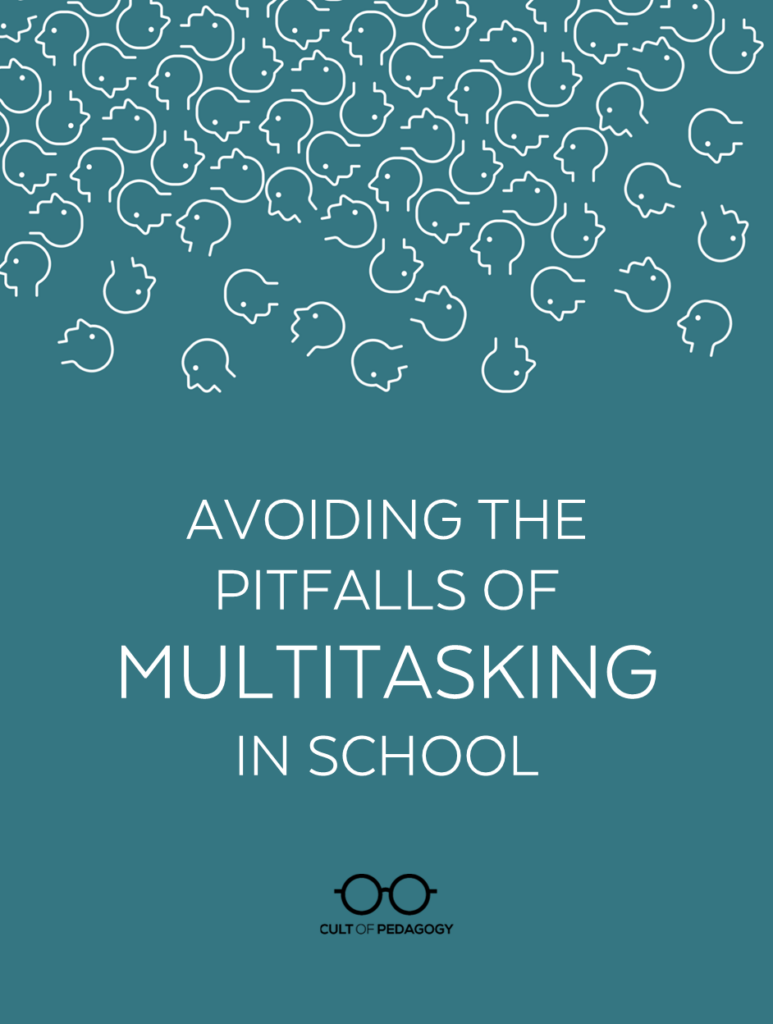“Don’t waste your food.” It’s more than a well-worn topic of debate between young children and their caretakers. It is also—more importantly—a far-reaching environmental, social, and economic challenge. In the United States alone, approximately one-third of the food produced is never consumed.
When food goes uneaten, all the resources used to produce and transport it—from water to fertilizer to various forms of energy—are wasted as well. When food is sent to the landfill, its decomposition generates methane and carbon dioxide, two gases known to contribute to climate change.
It’s no wonder that, since 2015, the U.S. Department of Agriculture (USDA) and Environmental Protection Agency (EPA) have been committed to a 50% reduction in food waste and loss by 2030. It is the first-ever domestic goal of its kind, and in 2023 the country saw a wave of new regulations to help advance it. Let’s take a look at just a few.
New Diversion Requirements in 2023
When it comes to food waste regulations, a focus on diversion comes as no surprise. The more food that can be directed away from landfills and toward composting, anaerobic digestion, organics recycling, and other eco-friendly disposal methods, the better. In 2023, a variety of diversion requirements were introduced across the United States.
Denver, CO
In Denver, for example, Ordinance 306 was approved on June 1. Among other stipulations, it requires multifamily residential properties, non-residential properties, and food waste producers—such as grocery stores, hotels, sports venues, airports, and restaurants—to offer recycling and organic material diversion. The same goes for retail food mobile license holders, who are additionally prohibited from improperly disposing of fats, oils, and grease.
Gainesville, FL
June 1 was also a big day in Gainesville, with the introduction of an ordinance that mandates organics recycling for all commercial establishments that generate at least one cubic yard of food waste per week. Food retailers that occupy 25,000 square feet or more must adhere to the same requirement.
Clackamas County, OR
Earlier in the year, on March 31, Oregon’s Clackamas County passed an ordinance impacting businesses that cook, assemble, process, serve, or sell food and generate more than 250 pounds of food waste per week. These businesses are now required to compost all of their food scraps while ensuring that any other food waste collected is free of non-food materials.
New Education and Information Requirements in 2023
A critical, but often overlooked, aspect of successful food waste diversion is effective education and guidance about materials, methods, and restrictions. After all, how can individuals and businesses take the most appropriate eco-friendly actions if they aren’t informed about them in the first place? Many of the food waste ordinances approved in 2023 address this need by including specific provisions regarding labeling and information.
Denver, CO
For example, Ordinance 306—mentioned above—also requires applicable properties and businesses in Denver to provide proper education, information, signage, and instructions, in both English and Spanish. This is in addition to providing an annual diversion plan.
District of Columbia
In the District of Columbia, meanwhile, applicable entities as of January 1, 2023, are required to post signage and instructions for employees handling food waste, as well as signage that verifies the entities’ organics recycling service(s).
Clackamas County, OR
On top of adhering to the composting and material separation requirements noted above, Clackamas County must also now provide correctly labeled and easily identifiable receptacles for food waste collection and storage. Even simple guidance can go a long way toward minimizing food waste in landfills.
More, and Stricter, Food Waste Regulations Ahead
Looking ahead to 2024 and beyond, we can see that more regulations are on the way—and that those regulations will be increasingly specific and strict.
For example, starting in 2024, businesses that generate eight or more cubic yards of organic waste per week in the State of Washington will be required to implement waste management services specifically for organic materials. In 2025, that organic waste limit will be reduced to only four cubic yards per week.
Meanwhile, beginning in 2025, New Hampshire will ban “any person” generating at least one ton of food waste per week from disposing of that waste in a landfill or incinerator, as long as an alternative facility authorized to properly manage that waste is located within 20 miles.
Manage Your Regulatory Requirements with Rubicon
Food is just one type of waste facing increasing regulatory scrutiny. Fortunately, Rubicon helps businesses stay on top of all relevant local, state, and federal waste management regulations through the RUBICONRegWatch digital platform. To learn more, get in contact today.
—
To stay ahead of Rubicon’s announcements of new partnerships and collaborations around the world, be sure to follow us on LinkedIn, Facebook, and Twitter, or contact us today.
“Don’t waste your food.” It’s more than a well-worn topic of debate between young children and their caretakers. It is also—more importantly—a far-reaching environmental, social, and economic challenge. In the United States alone, approximately one-third of the food produced is never consumed. When food goes uneaten, all the resources used to produce and transport it—from … Continued General Rubicon








